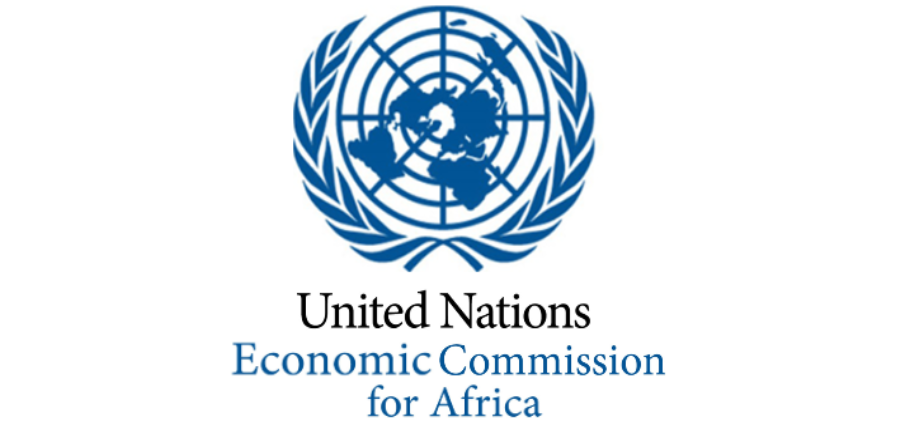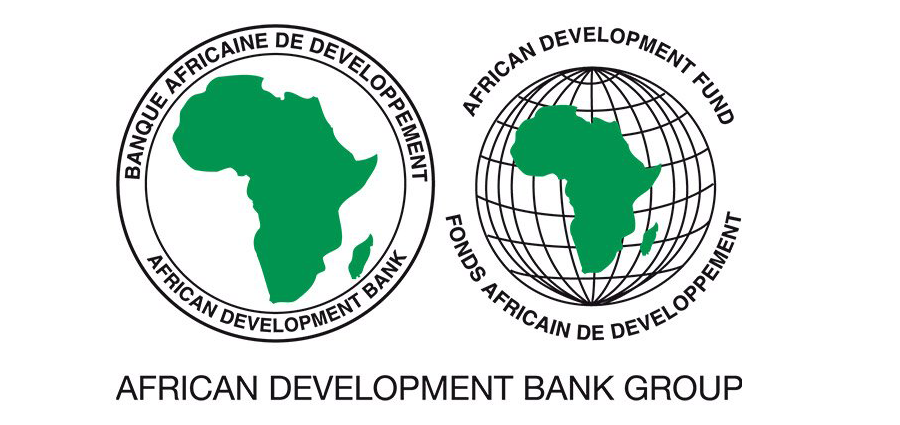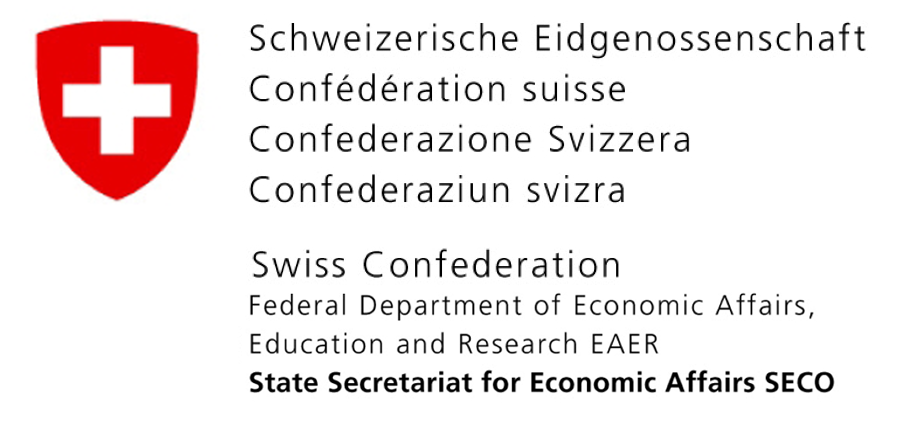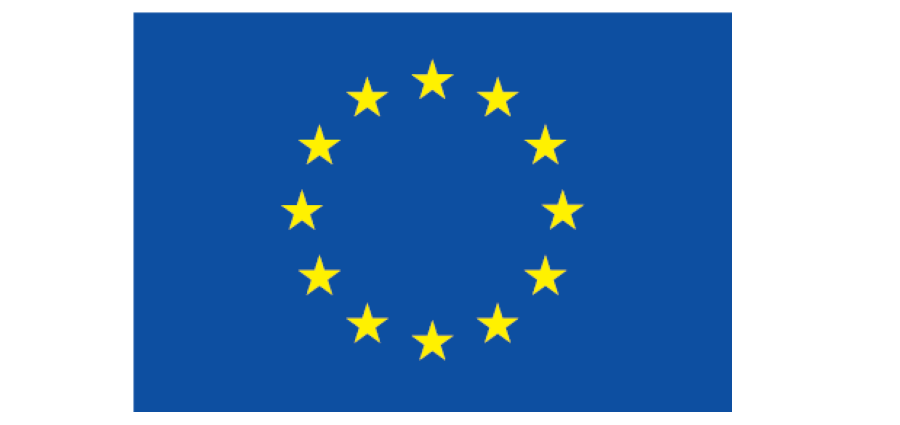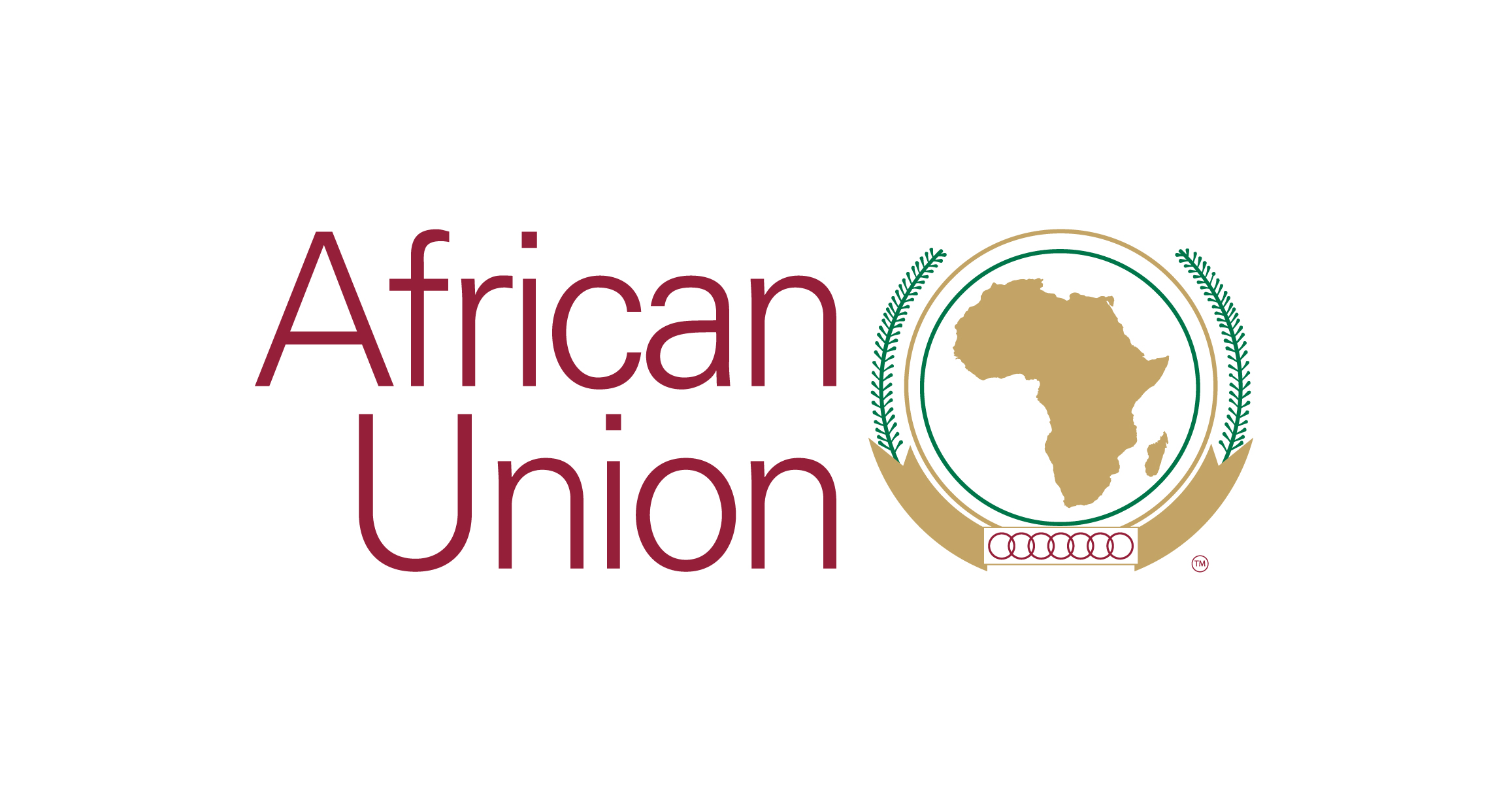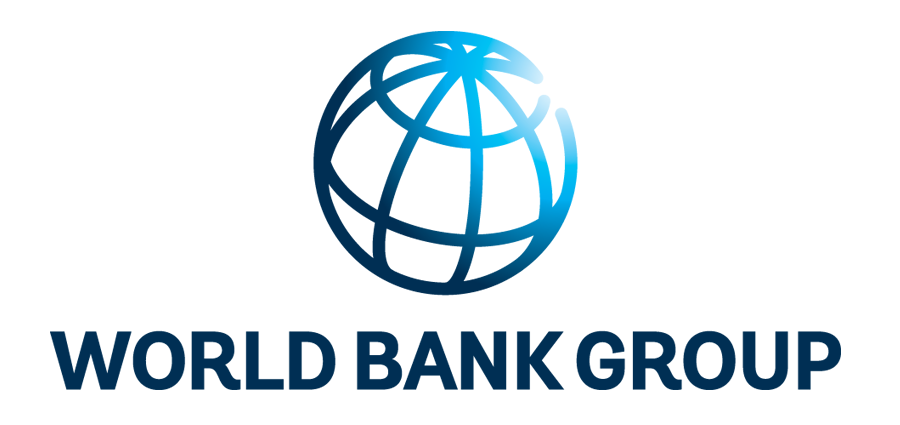RONET Training for Francophone Participants in Dakar, Senegal
INTRODUCTION
The work program of the SSATP includes promoting a wider application of the Road Network Evaluation Tools, RONET, to its member countries and regional associations.
Accordingly, two training sessions were carried out, respectively for French-speaking and English-speaking African countries: (a) on September 9-13, 2013 in Dakar, Senegal, with 23 participants from nine countries; and (b) on September 9-13, 2013 in Arusha, Tanzania, with 25 participants from two countries. Such training was an extension of two RONET training sessions held in Benin and Tanzania in June 2012, but aiming more specifically at training trainers for a more efficient dissemination of the RONET software and methodology.
The objective of these training sessions was to strengthen the capacity of road agencies and road funds in Sub-Saharan Africa (SSA) countries in improving road asset management practices by forming a number of RONET trainers. They were also intended to contribute to reinforcing capacities of regional road associations to play an increased leadership role in fostering efficiency in the road sector. These sessions were therefore championed by ARMFA in partnership with AGEPAR and ASANRA. These arrangements seek to foster collaboration among the participating organizations with ARMFA leading the process. RONET training being demand-driven, the participating countries covered their own costs, while SSATP provided the trainer and the venue.
The RONET training complements the current SSATP work on Transport Sector Data Management Systems (TSDMS) pilots in four countries (Burkina Faso, Uganda, Swaziland and Zambia) as well as the African Infrastructure Knowledge Program (AIKP/AfDB) initiative on statistical capacity building in Africa.
RONET
RONET, developed by the SSATP, is designed to assess the current characteristics of road networks and their future performance depending on different level of interventions to the network. RONET includes three evaluation modules: (i) Current Condition Assessment Module, that computes network statistics and monitoring indicators; (ii) Performance Assessment Module, that estimates the network performance and budget requirements under different maintenance and rehabilitation standards; and (iii) Road User Revenues Module, that evaluates revenues collected from road user charges and compares them with the funding requirements. RONET is structured with many configuration options for use in developing countries.
TRAINING OVERVIEW
The RONET training sessions included:
- An overview of the RONET model, including its main concepts and background, as well as input data and results provided (see Power Point presentation);
- A RONET demonstration, which included sample input data and typical output from the three evaluation modules of RONET, as well as a demonstration of HDM-4 Road Use Costs Model - RUCKS (which is required to run RONET);
- A hands-on application of RONET, through an interactive numerical exercise, where the workshop participants worked in small teams; and
- Optimization of road maintenance and rehabilitation for a road network in each participating country (e.g., main road network, rural road network), where the country delegations had an opportunity to run RONET using actual data, to the extent available, from their country.
Both the Senegal and Tanzania training sessions were highly appreciated by the participants, based on comments provided and a formal evaluation by the participants. In Senegal, 77 percent of the participants rated the training session as satisfactory or highly satisfactory, while in Tanzania, 89 percent of the participants rated the training session as satisfactory or highly satisfactory.

TRAINING SCHEDULE
Each one of the training sessions (i.e., Dakar and Arusha), followed the schedule outlined below:
- Day 1
9am-12 noon: Training opening; Introduction of participants; RONET overview
1:30 pm-4:30 pm: RONET demonstration; RUCKS demonstration
- Day 2
9am-12 noon: Interactive numerical exercise, begin teamwork
1:30 pm-4:30 pm: Interactive numerical exercise, solutions and presentation of results by teams
- Day 3
9am-12 noon: Optimization of road maintenance and rehabilitation (M&R) for a road network in each participating country: Country delegations select a road network for analysis and begin entering input data
1:30 pm-4:30 pm: Prepare optimum M&R program from RONET; Start report preparation
- Day 4
9am-12 noon: Country delegation work: continue preparation of report on the M&R optimum program for the selected network in each country
1:30 pm-4:30 pm: Completion of country reports
- Day 5
9am-12 noon: Preparation of presentations; presentation of the optimum M&R program by country delegations
1:30 pm-4:00 pm: Continuation of the presentations
4:00 pm-4:30 pm: Training closure
TRAINING MATERIAL

